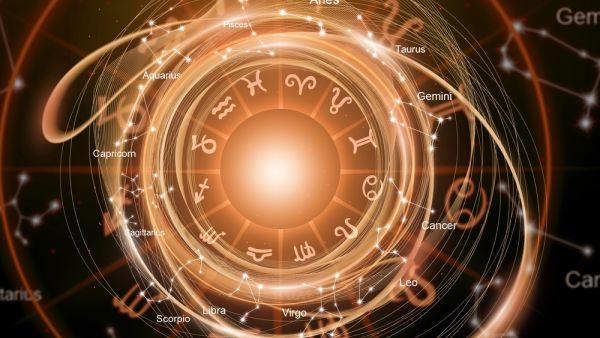ALBAWABA Energy is a fundamental concept in both everyday life and scientific understanding. It’s what powers our homes, fuels our cars, and even keeps our bodies functioning. But what exactly is energy? Is it a tangible entity, or is it a construct created by scientists to explain natural phenomena?
Let's delve into the nature of energy to understand its reality and significance.
Understanding Energy
Definition of Energy: In physics, energy is defined as the ability to do work. It is a measure of the capacity to cause change or perform actions. This can include anything from moving an object to generating heat or light.
Types of Energy
- Kinetic Energy: The energy of motion. Anything that is moving has kinetic energy.
- Potential Energy: Stored energy that depends on the position or configuration of an object. For example, a rock held at a height has gravitational potential energy.
- Thermal Energy: The energy associated with the temperature of an object.
- Chemical Energy: Stored in the bonds of chemical compounds, like in food or batteries.
- Electrical Energy: Associated with electric charges and their movement.
- Nuclear Energy: Stored in the nucleus of atoms and released through nuclear reactions.
- Radiant Energy: Energy carried by light and electromagnetic waves.
The Reality of Energy
Observable Effects: While energy itself may not be directly observable in the same way as a physical object, its effects are very real and measurable. For instance, when you kick a soccer ball, the energy from your leg is transferred to the ball, causing it to move.
Conservation of Energy: One of the fundamental principles of physics is the conservation of energy, which states that energy cannot be created or destroyed, only transformed from one form to another. This principle has been confirmed through countless experiments and is a cornerstone of modern science.
Measurement of Energy: Energy can be measured in various units, such as joules, calories, and kilowatt-hours. These measurements allow scientists and engineers to quantify energy in practical applications, from calculating the fuel efficiency of cars to determining the power consumption of electronic devices.
Energy in Everyday Life
- Electricity: Powers our homes, devices, and industries.
- Food: Provides the chemical energy our bodies need to function.
- Transportation: Fuel in vehicles is converted into kinetic energy to move us from place to place.
Theoretical and Practical Implications
Scientific Models: The concept of energy is integral to many scientific models and theories, including thermodynamics, quantum mechanics, and relativity. These models help scientists predict and explain a wide range of phenomena, from the behavior of subatomic particles to the expansion of the universe.
Technological Advances: Understanding and harnessing energy has led to significant technological advancements. Innovations in renewable energy sources like solar and wind power are transforming how we generate and consume energy, addressing global challenges like climate change.








